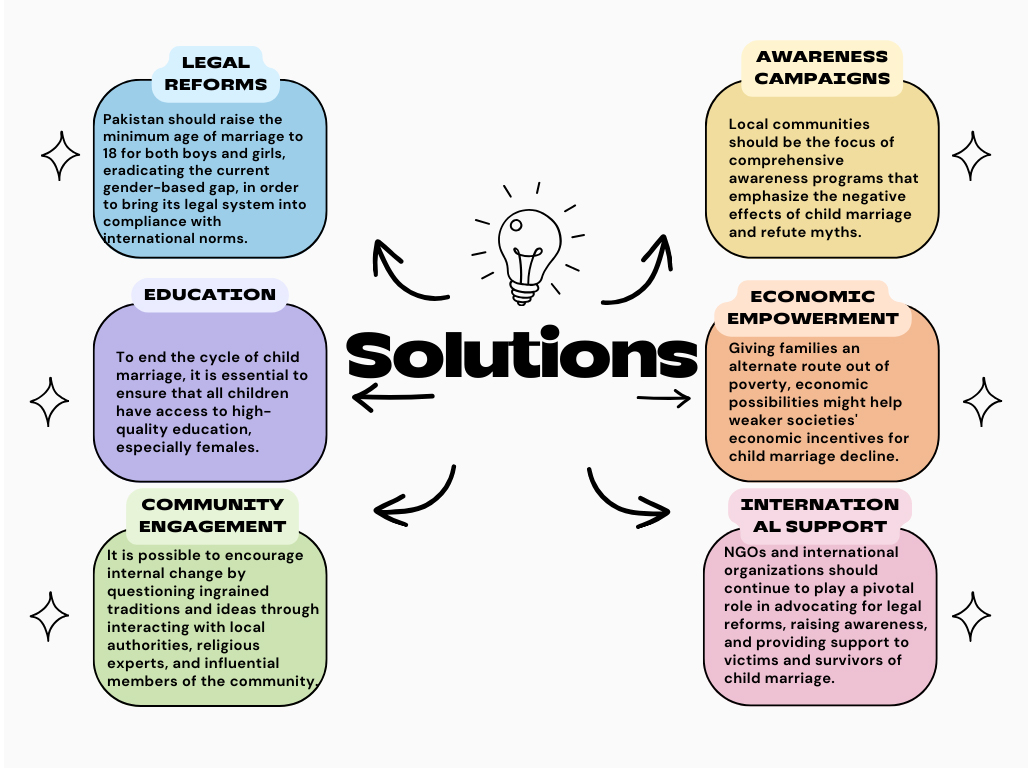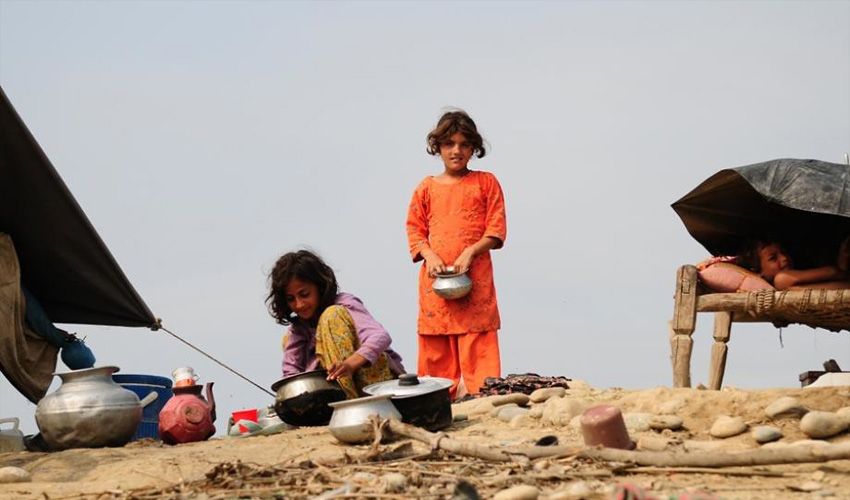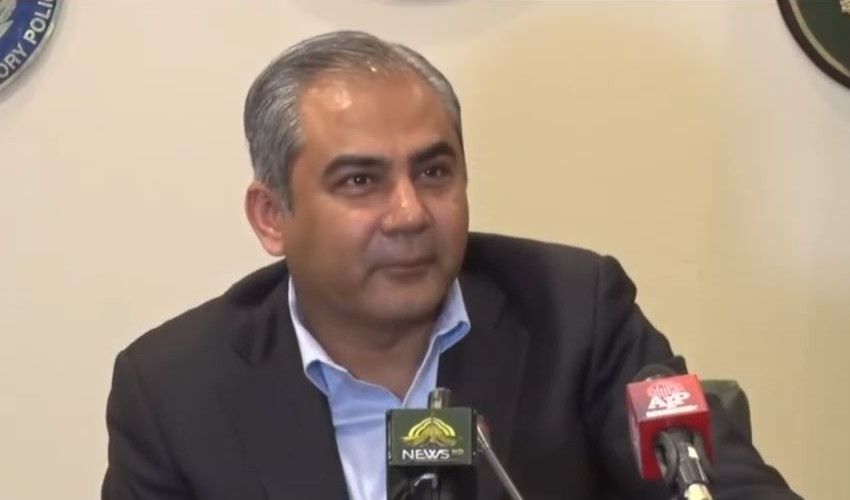In Pakistan, child marriage is still a major problem, especially in marginalised and underprivileged areas where it continues a long-standing custom that permits girls to be married off before the age of 18. A startling 95% of the 119 documented child marriage instances in Pakistan in 2020 involved females. In a country where lax regulation, a lack of political will, and a lack of knowledge have allowed this damaging practice to continue, this disturbing development highlights the urgent need for intervention and reform.
Causes of Child Marriage in Pakistan
Pakistan's politicians' unwillingness to commit to passing stricter rules and the shortcomings of the country's current legislation are the main contributors to underage marriage in that nation. Furthermore, there is a serious lack of understanding of the negative consequences of child marriage in local communities. When tribal and feudal social systems, extreme poverty, illiteracy, and religious convictions are involved, the issue is made worse. Unsettlingly, forced religious conversions and child marriage sometimes occur simultaneously, exposing the kid to sexual assault and robbing them of their formative years. The child's psychological health suffers greatly as a result of this practice, which also hinders their development intellectually, personally, and socially.
Moreover, early marriages often lead to higher fertility rates among girls, contributing to overpopulation and an increased risk of pregnancy-related health issues. This, in turn, contributes to Pakistan's already alarming rates of maternal and infant mortality.
The Issue of Informed Consent
The lack of informed consent is a significant problem with child marriage. Consent, where each participant must voluntarily and freely accept or deny involvement, is a key element in every intimate connection. How a kid's assent may be regarded as informed, nonetheless, is debatable in the case of child marriage. It's improbable that young children will develop the mental capacity necessary to make informed decisions and care for themselves effectively. Most youngsters cannot comprehend the idea that getting married requires signing a legally binding contract. Think about how a minor is not allowed to drive, vote, or receive a National Identity Card. It becomes clear that asking a lady to sign a marriage contract under such conditions is seriously difficult.
Legal Framework in Pakistan
The Child Marriage Restraint Act of 1929, which originally established the minimum marriage age at 14 years but was raised to 16 years by the Muslim Family Laws Ordinance in 1961, serves as the foundation for Pakistan's legal system restricting child marriage. This legislative requirement, which sets the age of marriage at 16 for girls and 18 for boys, is discriminatory.
In Pakistan, preventing child marriage has evolved into a provincial concern; Sindh is the only province with laws that specifically forbid marriage before the age of 18. It is important to remember that Pakistan has ratified the Convention on the Rights of the Child, which, in accordance with international norms, defines a child as anybody under the age of 18.
International Commitments and Recommendations
Like many other countries, Pakistan committed to the Sustainable Development Goals (SDGs), promising to abolish child marriage by 2030 by passing laws outlawing unions between people under the age of 18. The nation's current judicial system, meanwhile, falls short of this promise.
The difference in the legal marriage ages for boys and girls in Pakistan has raised concerns from the UN Committee on the Rights of the Child. It has advised Pakistan to change the Child Marriage Restraint Act of 1929 to make the legal minimum age for marriage for both girls and boys 18 years old.
Solutions and the Role of NGOs
Addressing the deeply ingrained issue of child marriage in Pakistan requires a multi-pronged approach. NGOs, such as Sahil, play a pivotal role in raising awareness about the detrimental effects of child marriage and advocating for legal reforms. These organizations provide essential support to victims and survivors, emphasizing the importance of education and empowerment.
Solutions to combat child marriage must include:

- Legal Reforms: Pakistan should raise the minimum age of marriage to 18 for both boys and girls, eradicating the current gender-based gap, in order to bring its legal system into compliance with international norms.
- Awareness Campaigns: Local communities should be the focus of comprehensive awareness programs that emphasize the negative effects of child marriage and refute myths.
- Education: To end the cycle of child marriage, it is essential to ensure that all children have access to high-quality education, especially females. Children are better equipped to make decisions about their futures thanks to education.
- Economic Empowerment: Giving families an alternate route out of poverty, economic possibilities might help weaker societies' economic incentives for child marriage decline.
- Community Engagement: It is possible to encourage internal change by questioning ingrained traditions and ideas through interacting with local authorities, religious experts, and influential members of the community.
- NGO and International Support: NGOs and international organizations should continue to play a pivotal role in advocating for legal reforms, raising awareness, and providing support to victims and survivors of child marriage. They can hold Pakistan accountable for its commitments to end child marriage and contribute to the eradication of this harmful practice.
Child marriage in Pakistan remains a deeply entrenched issue that demands immediate attention. The country must prioritize legal reforms, awareness campaigns, and education to combat this harmful practice. NGOs and international bodies have a vital role to play in supporting these efforts and holding Pakistan accountable for its commitments to end child marriage.



























